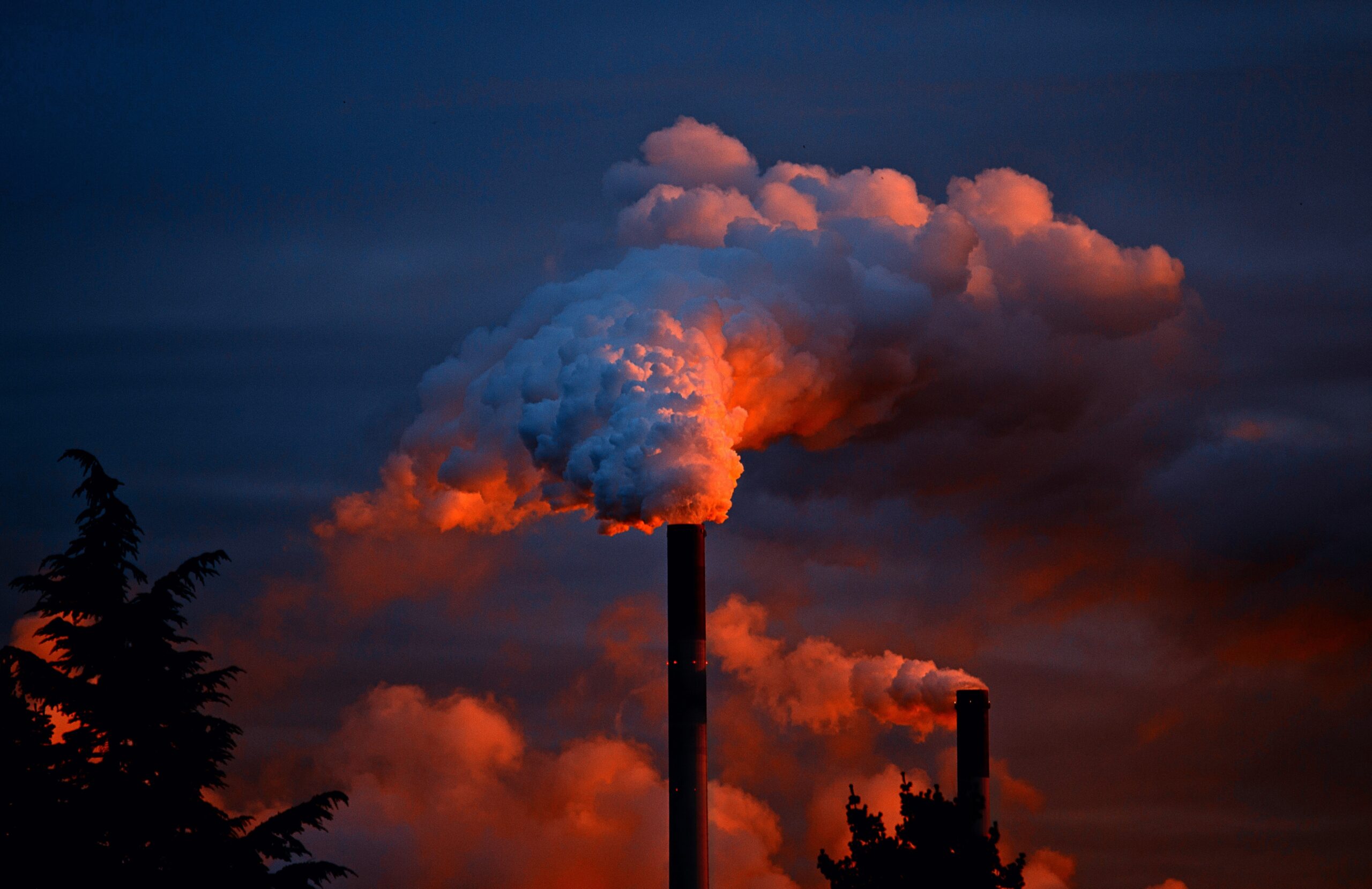
Rarely is smoking cast in the light of being better for you than…basically anything else. But according to a new report published by the Energy Policy Institute of the University of Chicago, smoking cigarettes will take slightly fewer years off of your life than breathing the polluted air that, in all likelihood, you don’t have much of an ability to avoid.
Currently, smoking reduces global life expectancy by 2.2 years; if air pollution was brought under the World Health Organization’s guideline limit, there would be a 2.3 year increase in global life expectancy. (It’s worth noting that not everyone smokes, of course, but the point is still a dramatic one.)
According to the report, pollution is worse than a host of other vices and public-health issues too: the impact on global life expectancy is “more than 3 times that of alcohol use and unsafe water, more than 5 times that of transport injuries like car crashes, and more than 7 times that of HIV/AIDS.”
In the United States, air pollution has improved dramatically since the 1970s, when the landmark Clean Air Act was passed. In the decades since, pollution has declined by nearly 65%. But looking at where it has declined the most and where pollution is now the worst shows the new challenge that we now face when it comes to fine particulate matter in the air we breathe.
Jefferson County, Ohio, has the most improved air in the country since the passage of the Clean Air Act. Once a major steel manufacturing region, and home to a coal mine too, the combination of federal limits on industrial air pollutants and the decline in American manufacturing has cut the fine particulate matter in the eastern Ohio air by 87.4%.
Making cars cleaner helps reduce pollution, but taking cars off the road entirely does even more.
Now, Plumas County, California, has the unfortunate distinction of being the most polluted area in the country — and the air-quality problem there, high up in the Sierras, far from the industrial areas of the Bay Area, is wildfire smoke.
And as this summer has shown, as shifting plumes of smoke from Canadian wildfires have randomly bestowed the title of the worst air quality on the planet on a number of different American cities, this is not a localized problem.
It’s also not something that can be addressed by the same kind of direct policy changes that the Clean Air Act achieved — like anything related to climate change, it will require systemic changes in both policy and behavior (not to mention long-standing practices in forest management and fire suppression).
But when it comes to more classic air pollution — think of a major city choked with car exhaust and smog — the bright spot is that more can be done on the local level. Making cars cleaner helps reduce pollution, but taking cars off the road entirely does even more.
In New York City, congestion pricing for drivers in Manhattan will eventually achieve just that (once everyone stops fighting about just how to do it). And in Paris, Mayor Anne Hidalgo has shown how much one very determined local official can do: her major push to get cars out of the city center altogether has opened up Paris to pedestrians and cyclists in a whole new way, and made the air there cleaner too.


